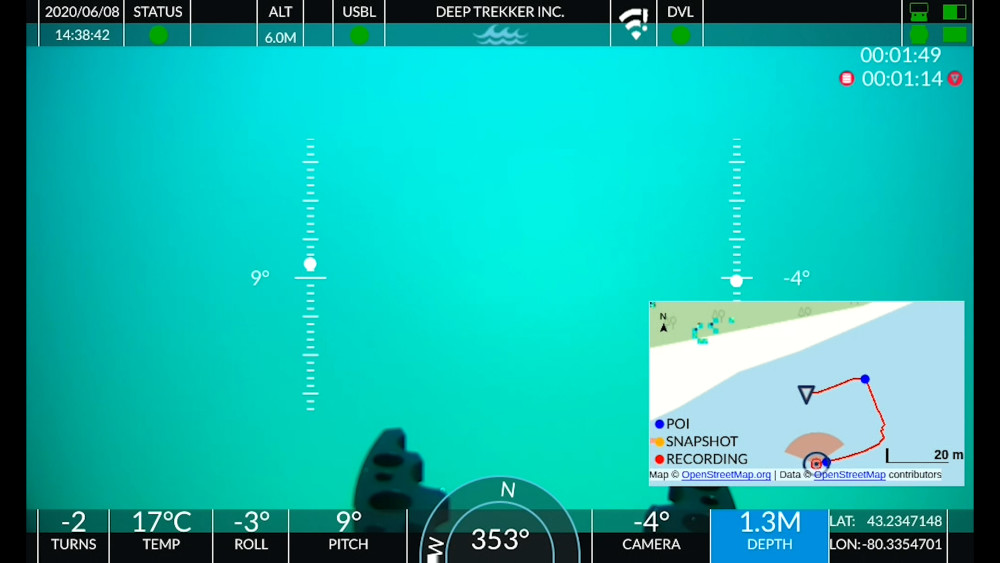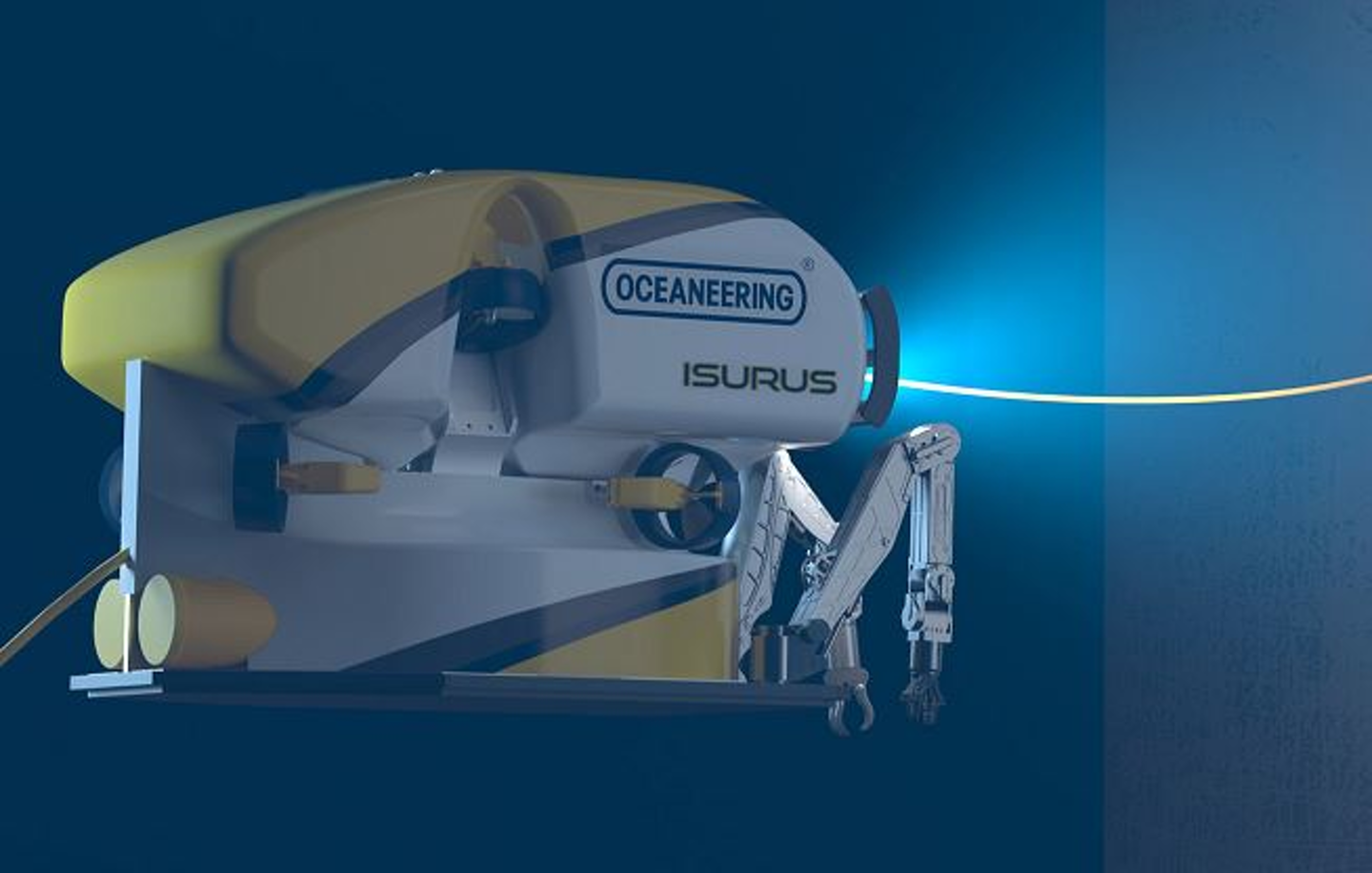Home › Forums › General › Financial, Tax and Insurance › Taxing tax questions…still a grey area.
- This topic has 26 replies, 12 voices, and was last updated 16 years, 8 months ago by
Ray Shields.
-
AuthorPosts
-
April 23, 2008 at 6:18 pm #1466
T-Boy
ParticipantSo even after letter from UKPS and after alot of consultation between them and the HMRC, it appears eventually ‘they’ have aggreed with HMRC that you cannot be self employed and work through them 😯
Now as I understand it, and I could have the wrong end of the stick; a Freelancer can be branded one of the following.
1) Pay tax and NI to the agency (and be OK in the eyes of the taxman, i.e employed by the agency)
2) Own your own company pay yourself a salary, and pay employers N.I contributions (employed by your company)
3) Self employed thingy, not paying tax at scource. (the grey area)Now it’s point 3 I am interested in, because as previously posted a few people have been investigated and had to pay the HMRC taxes. 👿
On the basis that you don’t break the half day rule you need not pay tax under the Seafarers IR205 rules…right?
And if you provide your services to an agency and submit time sheets, receive pay slips etc…kinda points towards employment…right?I am confused.
This is where the story ends without ever being clear.
Can anyone continue the story in laymans terms and also which one works for them (1, 2 or 3).BTW I am not interested in moving abroad, setting up accounts in the Cayman islands etc…well at least not yet, although the wife is getting on my preverbials!
April 23, 2008 at 7:21 pm #17274Ray Shields
ParticipantThis was the whole battle with UKPS; people said they were employees, the Taxman said they were self employed.
You must be an employee in order to qualify for the Seafarers Foreign Earnings Deduction.
If you DO qualify for Seafafers FED, you are entitled to claim your tax BACK. Note you must pay the tax in the first place. You cannot not pay the tax during the year on the hope that you will qualify for it.
April 23, 2008 at 7:45 pm #17275K2
ParticipantRay
Not sure on your last paragraph. I know a few guys who are on some kind of ‘no tax’ code. They don’t pay it but have to prove they have a valid ‘claim’ at the end of the year. If they don’t then they pay back what they owe.
Slightly different, I worked for a non UK company who paid gross. I had to send in pay slips instead of a P60 and sort out my own NI at the end of each year. Anything owed had to be paid back.
Tis a grey area indeed……..
😉
April 24, 2008 at 5:08 am #17276luckyjim37
ParticipantI find Ltd company works for me better as I do not always do enough days somtimes through choice sometimes through circumstance.
Basically you pay a flat rate on your buisness earnings about 19% I think then pay yourself a wage of around £500 per month. You pay NI on the base amount to get your stamp.
Any other money you draw down off the business for personal use is accounted for as a directors loan account which at the end of year is renamed as dividends.Now here is where it is quite good. Because you have paid your NI on your PAYE i.e. the £500 per month you do not pay it on the dividend amount.
Also you get a lower personnal tax rate as you have already paid tax on the earnings I think it called a directors discount or something like that.
To put this in real terms at the end of the year your overall tax bill is less because of the savings on NI mostly compared to a self employed person.
Also as a self empolyed person you have to pay taxes in credit at the end of the first year equivlant to six month taxes. This means an 18 month tax bill at the end of the first year effectively. But then you pay your tax bill every six months after that time.
The bad bit is if you do all of your days you can only claim tax back on your personnal tax bill so you always have to pay taxes.
In reality it seems to me if you do your days go PAYE and enjoy the rebate.
If you do not do your days go LTD company and reduce your overall bill.
Be carefull though if you only do a few days a year the accountancy bills could make it an unviable option.
April 24, 2008 at 8:24 am #17277Magnum
ParticipantHi all, 1st pot so be gentle 🙂
When i worked for OI this is how i paid tax.
I was paid in gross minus the 6% West African tax that OI steal off you. I’d take 40% off everytime i was paid. After a year i’d send all the pay related info, seamans book etc to Seatax and they’d sort out my tax return. If i had over 183 days i’d get to keep my tax. If not then i’d pay it out of my tax account which would have more than enough in it. I was still classed as an OI employee though so not sure if this helps.
April 24, 2008 at 10:04 am #17278rover37
ParticipantDont forget guys you can not claim seafarers deduction for work in the north sea anymore unless you start or end your trip from a foreign port.
Check out the guide lines on the revenue website it clearly states for tax purposes the uk sector of the north sea is deemed as within the uk.
I would therefore assume that it wont even count towards your formula anymore either as you havnt left the uk in the first place.April 24, 2008 at 10:15 am #17279Andy Birchall
ParticipantI undserstand that this is a black & white issue when it comes to platforms in the UK sector – they ARE considered UK. However, it is more of a grey area where vessels are concerned. Some vessels are also considered UK onshore for tax reasons, whereas others are not.
Can anyone confirm/deny/provide more info?
April 24, 2008 at 10:52 am #17280mind-when-this-was-fields
ParticipantSo Rover,
what you are saying is if you leave on a vessel from say ABZ. Go outwith the 12 mile radius, you cannot claim this back withot going to a foreign port???? I don’t know about that one.
Might have to ask my accountant on that!!!April 24, 2008 at 12:47 pm #17281Ray Shields
ParticipantIve PM’d one of the forum users, YourTaxOffice, and asked if he could shed some light on Rover’s statement.
Be nice to have some tax advice from a tax advisor!
April 24, 2008 at 1:58 pm #17282rover37
ParticipantI,ll be interested to read yourtaxoffice opinion.
Meanwhile go on the revenue website and down load help sheet HS205.
Its the current version of the old sheet ir205s.
It it quite clear for a government form. It also states what are not qualifying vessels and gives the official form to work out your days.
Failing that speak to centre one, I intend to when i get home unless anyone does it first and posts the result.April 24, 2008 at 3:18 pm #17283James McLauchlan
ParticipantDont forget guys you can not claim seafarers deduction for work in the north sea anymore unless you start or end your trip from a foreign port.
Check out the guide lines on the revenue website it clearly states for tax purposes the uk sector of the north sea is deemed as within the uk.I would therefore assume that it wont even count towards your formula anymore either as you havnt left the uk in the first place.
For what it is worth.
Re: The last paragraph in the quote above.My understanding is as follows:
For counting days outside the UK (towards your 183) you are indeed not counted as being in the UK if you are out with the 12 miles zone. However for income derived on any work carried out in the UKCS it is taxable as if you were in the UK.They just make it up as they go along.
April 24, 2008 at 3:28 pm #17284Ullevi
ParticipantYou have to be on a vessels to be able to claim back your tax. If you’re on anything that drills for oil (ie any sort of rig) you have no claim.
April 25, 2008 at 6:00 am #17285Steve White
ParticipantIf you are outside the 12 mile limit but in a designated area of the continental shelf at midnight on that day then that day is NOT a qualifying day.
You are also treated as within the UK if your voyages either:
* starts and ends in a designated area, or
* starts in the United Kingdom and ends in a designated area, or
* starts in a designated area and ends in the United Kingdom.April 25, 2008 at 6:07 am #17286Steve White
ParticipantRe Ullevi’s post:
The following are not accepted as ships for the purposes of the deduction:
* fixed production platforms
* floating production platforms
* floating production storage and offloading vessels (FPSOs)
* floating storage units (FSUs)
* mobile offshore drilling units (MODUs) including drillships, semisubmersible and jack-up rigs
* flotels (floating accommodation units).Vessels working in the offshore oil and gas industry that may be accepted as ships for the purposes of the deduction under certain conditions:
* anchor handling vessels
* diving support vessels
* heavy lifting vessels
* pipe laying barges
* platform support vessels
* safety standby vessels
* seismic survey vessels
* shuttle tankers
* well service vessels.The above lists do not cover all of the structures and vessels used in the oil and gas industry. Specific advice can be given.
April 26, 2008 at 1:36 pm #17287rigboot
ParticipantIf you are outside the 12 mile limit but in a designated area of the continental shelf at midnight on that day then that day is NOT a qualifying day.
You are also treated as within the UK if your voyages either:
* starts and ends in a designated area, or
* starts in the United Kingdom and ends in a designated area, or
* starts in a designated area and ends in the United Kingdom.Steve,
As always, some good info here, can you expand on the "Designated Area" (where etc) or provide a link if possible.
Best Regards
RB -
AuthorPosts
- You must be logged in to reply to this topic.



